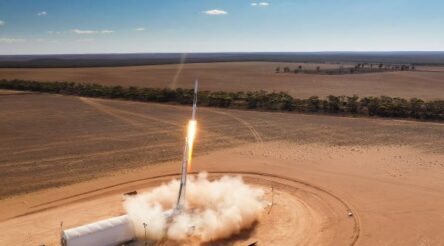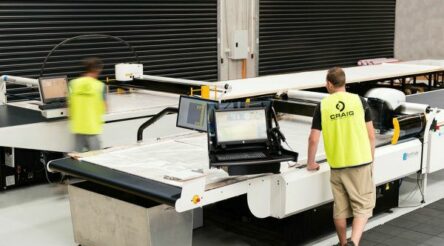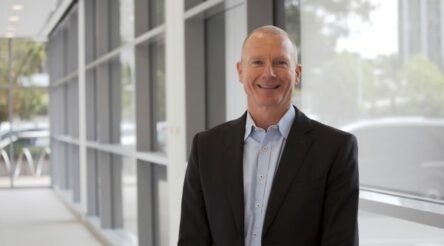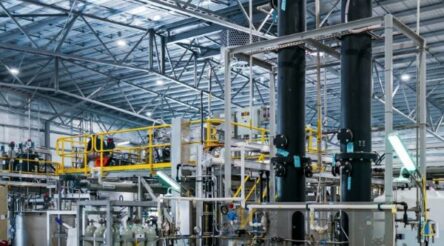CSIRO, Boeing map the way to sustainable aviation fuel
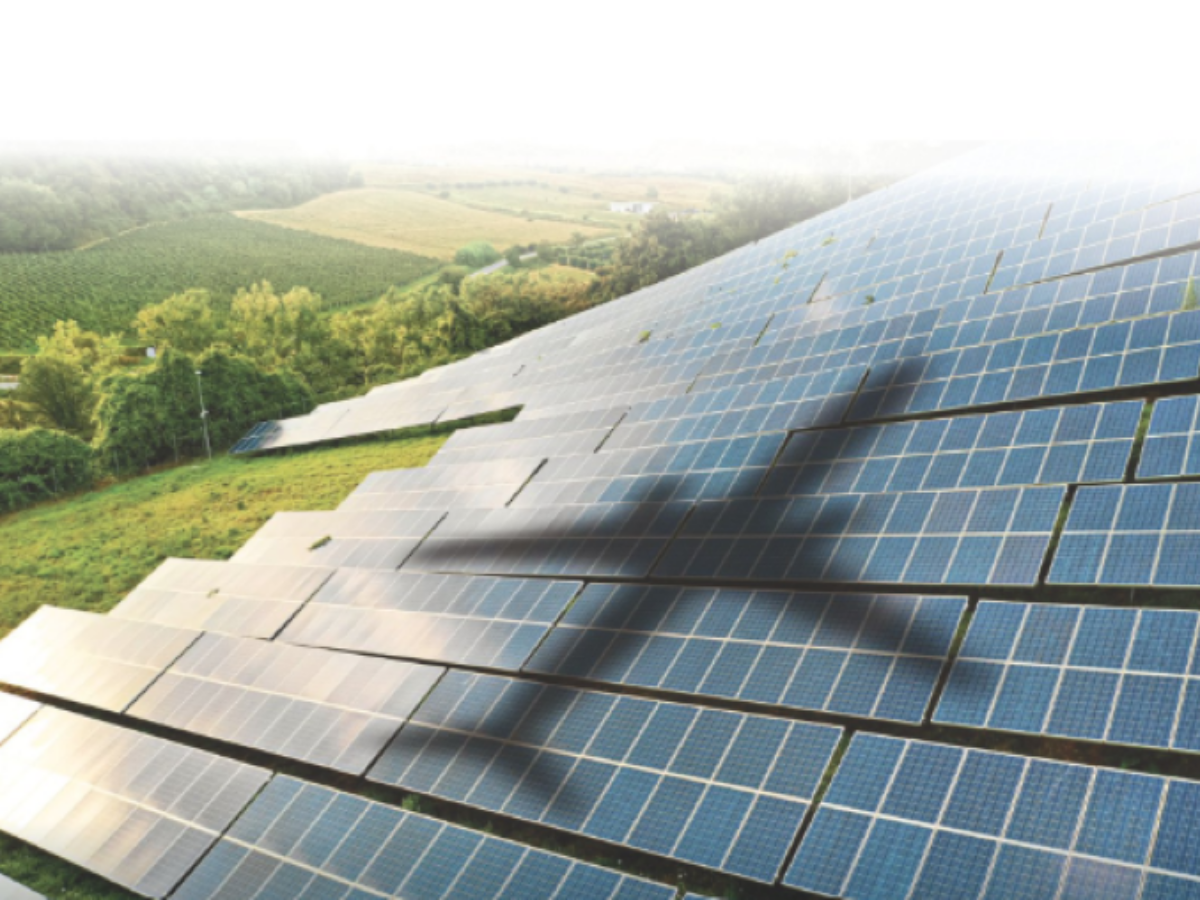
CSIRO and Boeing have collaborated on a sustainable aviation fuel (SAF) Roadmap to builds consensus on developing an Australian SAF industry, identifying opportunities to produce and scale production using Australian feedstocks.
This meets what the organisations call a moment-in-time opportunity to develop a sovereign SAF industry, with domestic demand for jet fuel expected to increase by 75 per cent by 2050.
SAF is produced from renewable sources – like agricultural waste, animal fats and vegetable oils – and significantly reduces carbon emissions over the fuel’s life-cycle making it a more sustainable alternative for powering aircraft.
The CSIRO Senior Manager and lead Roadmap author Max Temminghoff said Australia was in a prime position to develop a domestic industry.
Temminghoff said: “By actively working to liberate feedstocks, the roadmap estimates that Australia is currently sitting on enough resources to produce almost 5 billion litres of SAF by 2025. This could supply nearly 60 per cent of jet fuel demand projected for that year.
“That’s enough fuel to power 640,000 Melbourne to Sydney return flights on a Boeing 737.
“Through a combination of feedstocks and mature technologies, a large and growing portion of Australia’s jet fuel demand can be met with local materials such as agricultural waste and residues.”
To convert these feedstocks into viable jet fuel, the report identifies the Alcohol-to-Jet and the Fischer-Tropsch process – a process currently conducted at CSIRO’s Perth laboratory – as ideal technology options to propel a sovereign SAF industry.
“But Australian government, industry and research must work together to overcome key challenges to realise the economic and sustainability benefits of a domestic SAF industry.”
The challenges that the Australian SAF industry must address include feedstock availability, supply chain constraints, and aligning to international standards and regulation.
The roadmap points to biogenic materials in the near term, such as sugarcane, sawmill residues, and municipal solid waste, as well as hydrogen and CO2 in the medium to long term, as key feedstocks.
Boeing Regional Sustainability Lead APAC and Roadmap co-author Heidi Hauf said: “The report identified the role the Australian Defence Force could play in kickstarting Australia’s SAF industry and also addressing Australian fuel security challenges.
“Currently, Australia imports 90 per cent of its liquid fuel, including jet fuel, through long supply chains exposed to geopolitical and climate change risks, and delays associated with quality issues, placing the country in a vulnerable position when it comes to jet fuel security.
“With alternative technologies such as battery and fuel-cell powered planes still limited in long haul capabilities and the increasing competition for carbon offsets, SAF offers the largest potential for reduced aviation emissions in the near-term.”
Picture: CSIRO/Boeing
@aumanufacturing Sections
Analysis and Commentary Awards Defence Manufacturing News Podcast Technology Videos







